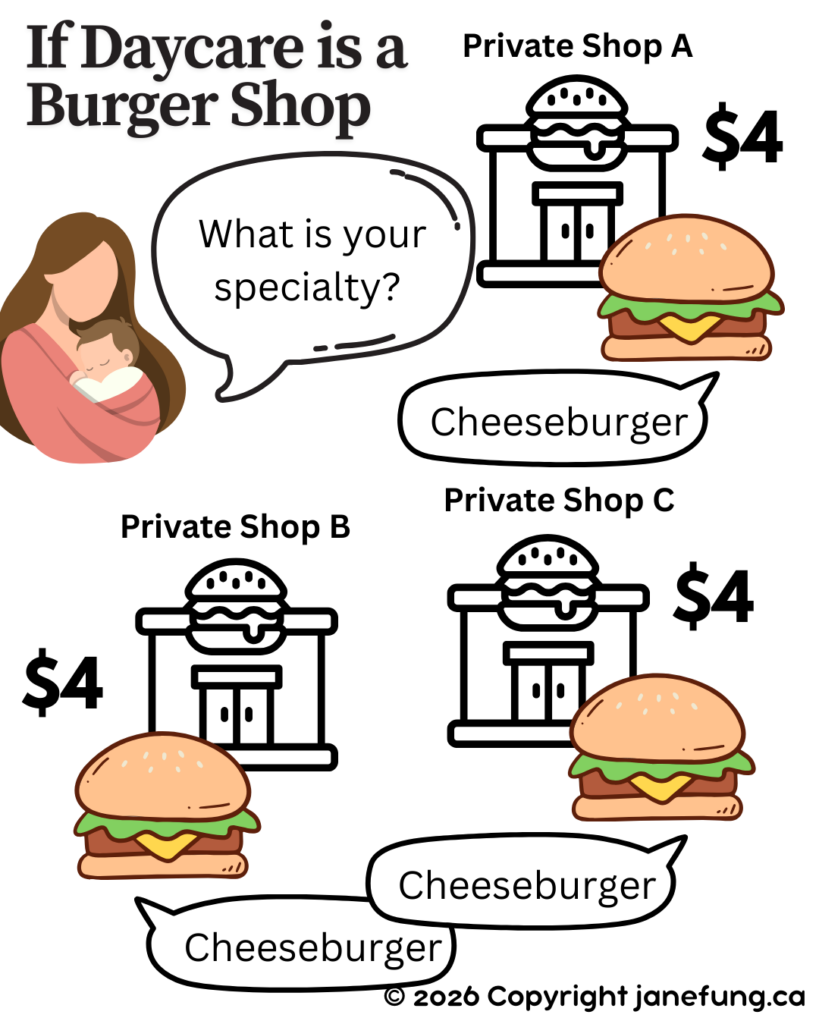Buying a childcare centre business involves a structured process that typically takes around six months from the acceptance of an offer to closing. Since this is a business acquisition, buyers generally secure a business loan, which may require a down payment ranging from 20% to 40% or higher, depending on personal credit, the business’s financial health, and the buyer’s banking relationships.
1. Deposit
Upon offer acceptance, buyers usually provide a deposit of 10% to 15% of the purchase price. This amount is held in trust by the listing brokerage in a government-regulated account. If the deal falls through—such as failing due diligence conditions—the deposit is returned to the buyer. If the transaction proceeds, the deposit is applied to the final purchase price. The deposit should typically be submitted within 24 hours of offer acceptance or as agreed by both parties.
2. Lawyer Review Condition
Both the buyer and seller should have legal representation to safeguard their interests. This review period generally lasts 5 to 10 business days, during which lawyers assess the offer for necessary amendments. If changes are recommended, an amendment is drafted, reviewed, and signed by both parties before proceeding to the due diligence phase.
3. Document Sharing
The seller provides essential documents for the buyer’s review, typically within 5 to 10 business days of the accepted offer. These documents may include:
- Corporate files
- Financial statements
- Licenses and insurance
- Property tax records
- Safety reports
- Fee schedule
- Chattel lists
- Student handbook
- Staff and enrollment details
- Grants and service agreements (CWELCC, if applicable)
- Survey and floor plans
- Appraisal and zoning documents
- Building permits
This confidential information enables the buyer and their advisors to conduct thorough evaluations.
4. Due Diligence
Due diligence is a crucial condition in the agreement, allowing the buyer to verify the business’s financial and operational viability. Additional conditions—such as inspections and financing—can be included if both parties agree. However, a single due diligence clause is often sufficient to simplify the offer.
5. Financing
Once the offer is accepted, the buyer should immediately begin the financing process. Business loans require extensive documentation, including financial statements and other records obtained from the seller during the document-sharing phase. Securing financing can take time, so early engagement with lenders is crucial.
6. Share Purchase Agreement
During the due diligence period, the buyer’s lawyer drafts a Share Purchase Agreement (SPA) and sends it to the seller’s lawyer for review. If the childcare centre is under the CWELCC program, the transaction must be structured as a share purchase. If it is not part of CWELCC, the buyer may choose between an asset or share purchase. More details on these purchase structures are available at here.
7. Landlord Consent
If the childcare centre operates on leased premises, landlord consent is required to transfer the lease to the buyer. This is typically done through a consent document signed by the buyer, seller, and landlord. This stage also provides an opportunity to negotiate or amend lease terms.
8. Notice to Government
Once all conditions are fulfilled or waived, the seller must notify the appropriate government bodies. If the childcare centre is under CWELCC, the region must be informed at least 60 days before closing. The Ministry of Education requires notification 30 days before closing. These entities provide a checklist of compliance requirements for both buyer and seller, such as police vulnerability checks and CCLS system access for new directors and supervisors.
9. Notifying Staff and Parents
The Ministry of Education mandates that sellers have a communication plan for notifying staff and parents before closing. The timing and method of notification are mutually decided by the buyer and seller, usually occurring no earlier than two weeks before closing.
10. Closing
The closing is the date when the purchase funds are transferred from the buyer to the seller, and the ownership of shares officially changes hands. These transactions are facilitated by the lawyers, who ensure all legal and financial aspects are properly settled. The lawyers will also make necessary adjustments to account for any prepaid or outstanding expenses, ensuring a fair division of costs between both parties.
11. Holdback Period
After closing, the holdback period begins. Typically, the buyer withholds a portion of the purchase price to cover any outstanding bills or liabilities that arise post-closing but should have been paid by the seller. The holdback amount generally ranges from 5% to 10% of the purchase price and is held for a period of three to six months to account for any unforeseen expenses.
12. Skill Transfer and Transition
After closing, the seller typically provides a transition period of a few weeks to transfer knowledge, introduce the buyer to staff, and ensure operational continuity.
By following this structured approach, buyers can navigate the childcare centre acquisition process with greater confidence and efficiency.








